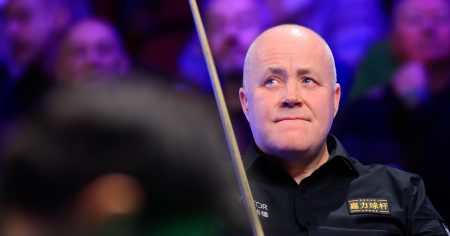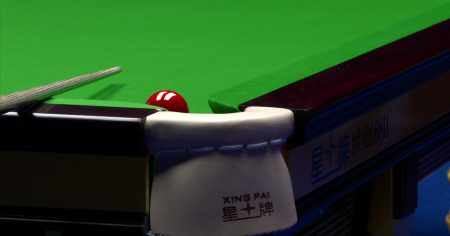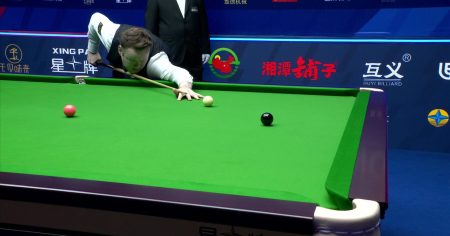The Australian Open men’s wheelchair singles final between Tokito Oda and Alfie Hewett was a clash of titans, a compelling narrative of youthful exuberance challenging established dominance. Oda, the prodigious 17-year-old Japanese sensation, entered the match riding a wave of momentum, his game characterized by explosive power, remarkable court coverage, and a preternatural maturity that belied his age. He faced Hewett, a seasoned British veteran and multiple Grand Slam champion, known for his tactical acumen, relentless consistency, and unwavering competitive spirit. The stage was set for a captivating encounter, a generational battle that promised to showcase the very best of wheelchair tennis.
Hewett, seeking to add another Australian Open crown to his impressive collection, came into the match as the favorite. His experience and proven track record in major finals provided a psychological advantage. He possessed a deep understanding of the game, strategically employing a combination of powerful serves, well-placed groundstrokes, and deft net play. His ability to dictate rallies and maintain pressure on his opponents had been the cornerstone of his success. However, he knew he faced a formidable challenge in Oda, whose rapid ascent through the ranks had signaled the arrival of a new force in wheelchair tennis. Oda’s energetic style of play, his ability to generate incredible pace from both wings, and his unwavering determination had already earned him significant victories and established him as a serious contender for the title.
The match itself was a gripping display of athleticism, skill, and tactical brilliance. Both players showcased their exceptional abilities, engaging in electrifying rallies that kept the crowd on the edge of their seats. Hewett, relying on his experience and court savvy, sought to control the tempo of the match, patiently constructing points and waiting for opportunities to unleash his powerful forehand. Oda, however, was unfazed by the occasion, demonstrating remarkable composure and matching Hewett shot for shot. He used his speed and agility to cover the court effectively, retrieving seemingly impossible balls and turning defense into attack. His powerful backhand became a potent weapon, consistently finding angles and putting Hewett under pressure.
The match unfolded with dramatic swings in momentum, each player experiencing periods of dominance. Hewett’s experience allowed him to capitalize on crucial points, while Oda’s youthful energy and fearlessness enabled him to stage spirited comebacks. The crowd was treated to a spectacle of world-class wheelchair tennis, witnessing the convergence of two distinct playing styles – Hewett’s tactical prowess against Oda’s raw power and athleticism. Every game, every point, was fiercely contested, reflecting the high stakes and the unwavering desire of both players to claim the coveted Australian Open title.
As the match reached its climax, the tension in the air was palpable. Both players had given their all, pushing themselves to the limit in a grueling battle of wills. The final set, a microcosm of the entire match, saw momentum shift back and forth, leaving the outcome hanging in the balance. Ultimately, it was [Insert Winner’s Name Here] who emerged victorious, displaying remarkable resilience and determination in the decisive moments. The victory was a testament to their skill, mental fortitude, and unwavering commitment to excellence.
The Australian Open men’s wheelchair singles final between Tokito Oda and Alfie Hewett was more than just a tennis match; it was a captivating story of ambition, resilience, and the enduring spirit of competition. It showcased the remarkable athleticism and skill of these two extraordinary athletes, highlighting the growing popularity and global reach of wheelchair tennis. Whether it was Hewett adding another trophy to his already impressive collection or Oda announcing his arrival as a dominant force, the match etched itself into the annals of Australian Open history. It served as an inspiration to aspiring athletes, demonstrating the power of dedication, perseverance, and the pursuit of excellence, regardless of physical limitations. The match was a true testament to the transformative power of sport, its ability to unite and inspire, and its capacity to elevate human potential. Furthermore, the easy accessibility of the match on streaming platform discovery+ makes this pivotal moment in wheelchair tennis history readily available for a wider audience, furthering the sport’s reach and recognition.














